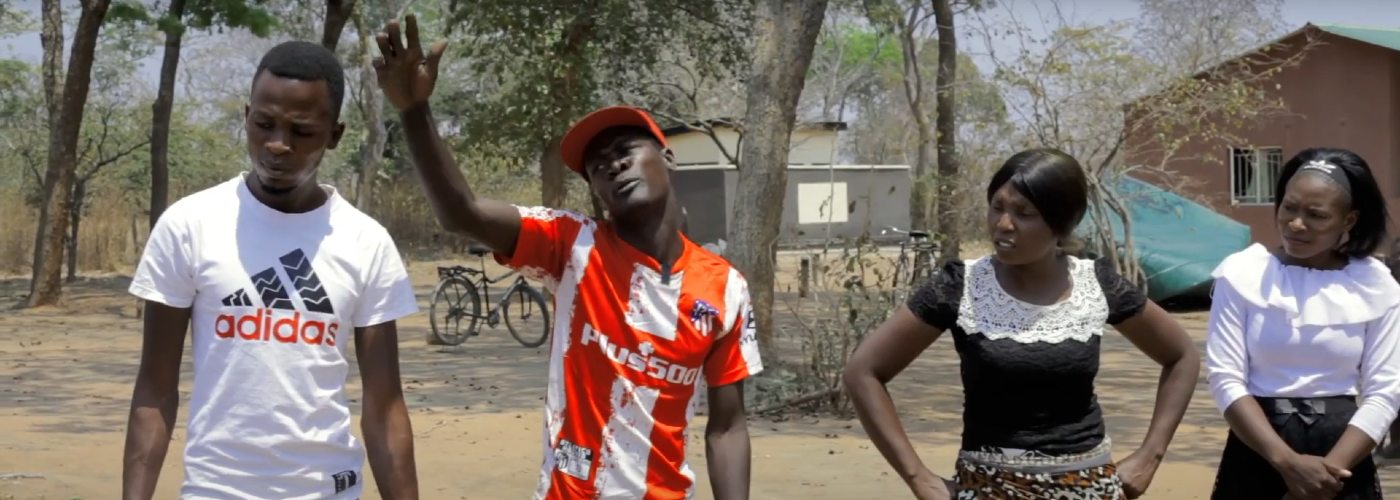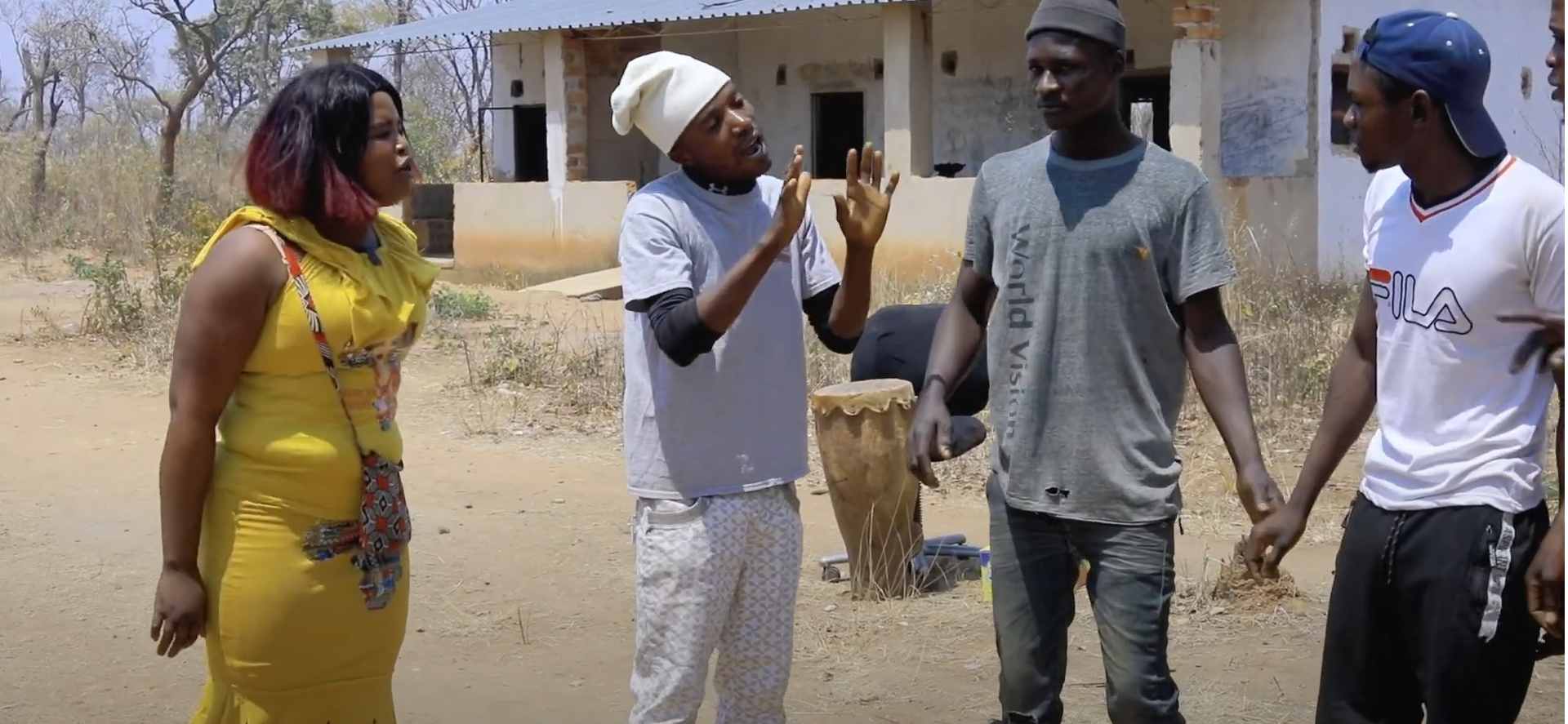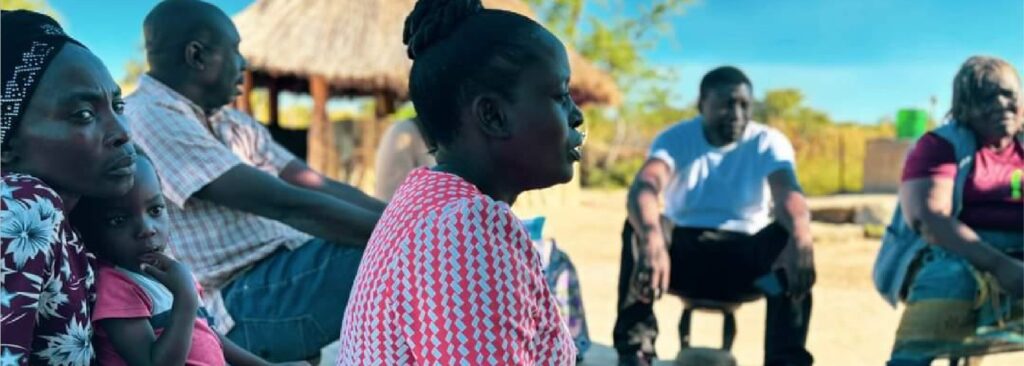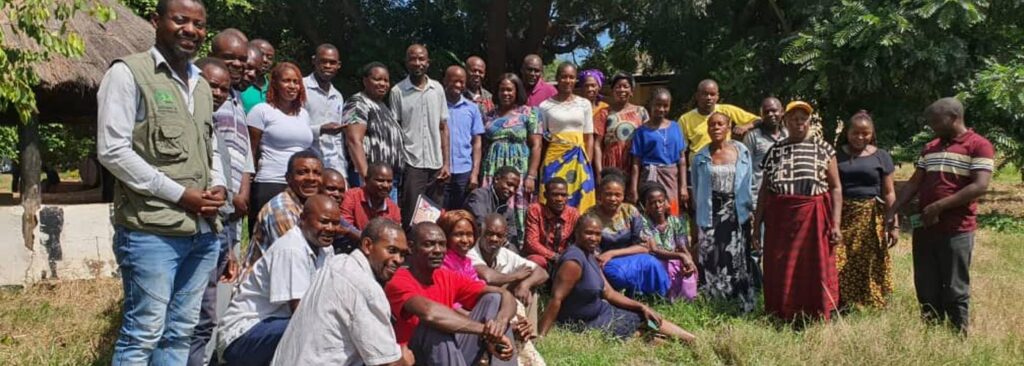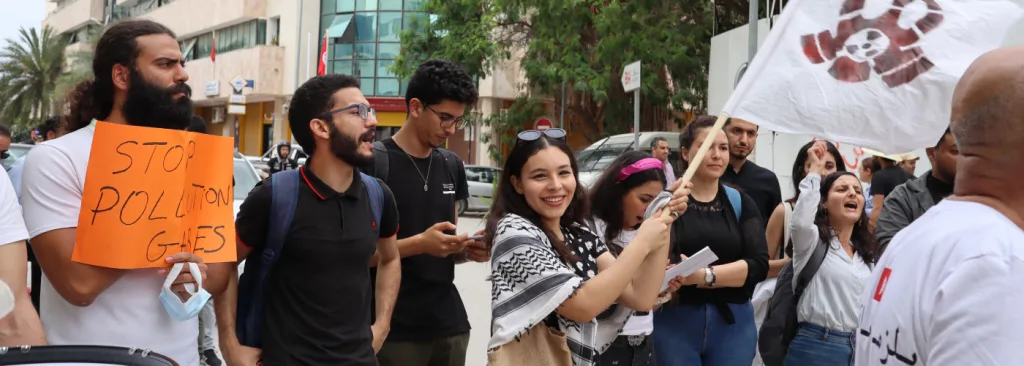A familiar sight at markets in Zambia’s capital Lusaka are charcoal sellers who hawk their wares from Luangwa and Rufunsa – districts thought to produce premium quality charcoal.
This reputation, however, does not do Luangwa and Rufunsa any good. Both are located in the Lower Kafue Basin, which hosts major biodiversity hotspots and supports the livelihoods of a huge part of the population. Now, however, the environment is in danger of suffering irreversible damage because of trees being cut and burned to make the charcoal sold in Lusaka.
Poverty drives deforestation
In Lusaka, ever increasing poverty levels and urbanization have led to mushrooming informal settlements that provide a big market for charcoal. Its production is further driven by the gap between greater demand for energy than supply.
The Zambian Governance Foundation (ZGF), a partner of our Voices for Just Climate Action program, works towards reducing and preventing deforestation through their unique community projects.
Combating climate change with theater
ZGF has formed two theater troupes that put on plays to inform the community about the connection between climate change and charcoal. The performances are an accessible way to create empathy and emotional engagement in the audience, as well as understanding.
The troupes perform close to the Luangwa river, one of Zambia’s largest rivers. Its dry riverbeds provide a stark reminder of how cutting down trees around even a large river eventually makes it run dry.
Promoting alternative livelihoods
Another problem is that in Luangwa and Rufunsa, producing and selling charcoal is an easy way for people to earn a living. And Zambia’s economic downturn means there are not many other income-generating opportunities.
In the past, the Luangwa river was a good source of income from fishing, but due to climate change the river is drying up quickly. So many of the men have moved into urban areas of Lusaka to find jobs, leaving the women behind to take care of families.
Since it is mostly women who produce charcoal, ZGF focuses on introducing them to alternative sources of income. For example, by helping set up women’s saving groups through which women can borrow money at cheaper rates and engage in other income-generating activities than making charcoal.
Promoting sustainable farming practices
Charcoal is not the only threat to the environment in Luangwa and Rufunsat. People also cut down and burn trees in a slash and burn system of agriculture called Chitemene. Crops are then planted in the ashes of the trees, which act as a fertilizer.
ZGF therefore trains farmers in alternative agriculture techniques, like using animal waste as fertilizer and tilling the soil in ways that don’t over expose it to heat. Again, women are the focus of the training because they do most of the farm work.
The gender aspect
Not surprisingly, ZGF’s diverse projects on mitigation of and adaptation to climate change are very focused on gender because of the gender-based roles and inequalities prevalent in Zambia.
And these unequal divisions of labor in agriculture and the household ensure that women are also most directly impacted by the effects of climate change, such as droughts, floods, and loss of income.
That’s why women must always be included and listened to in discussions about climate and climate policies. Not only in their communities, but also in places where policies are designed and debated. This is the guiding principal of the work done by the Voices for Just Climate Action program.

